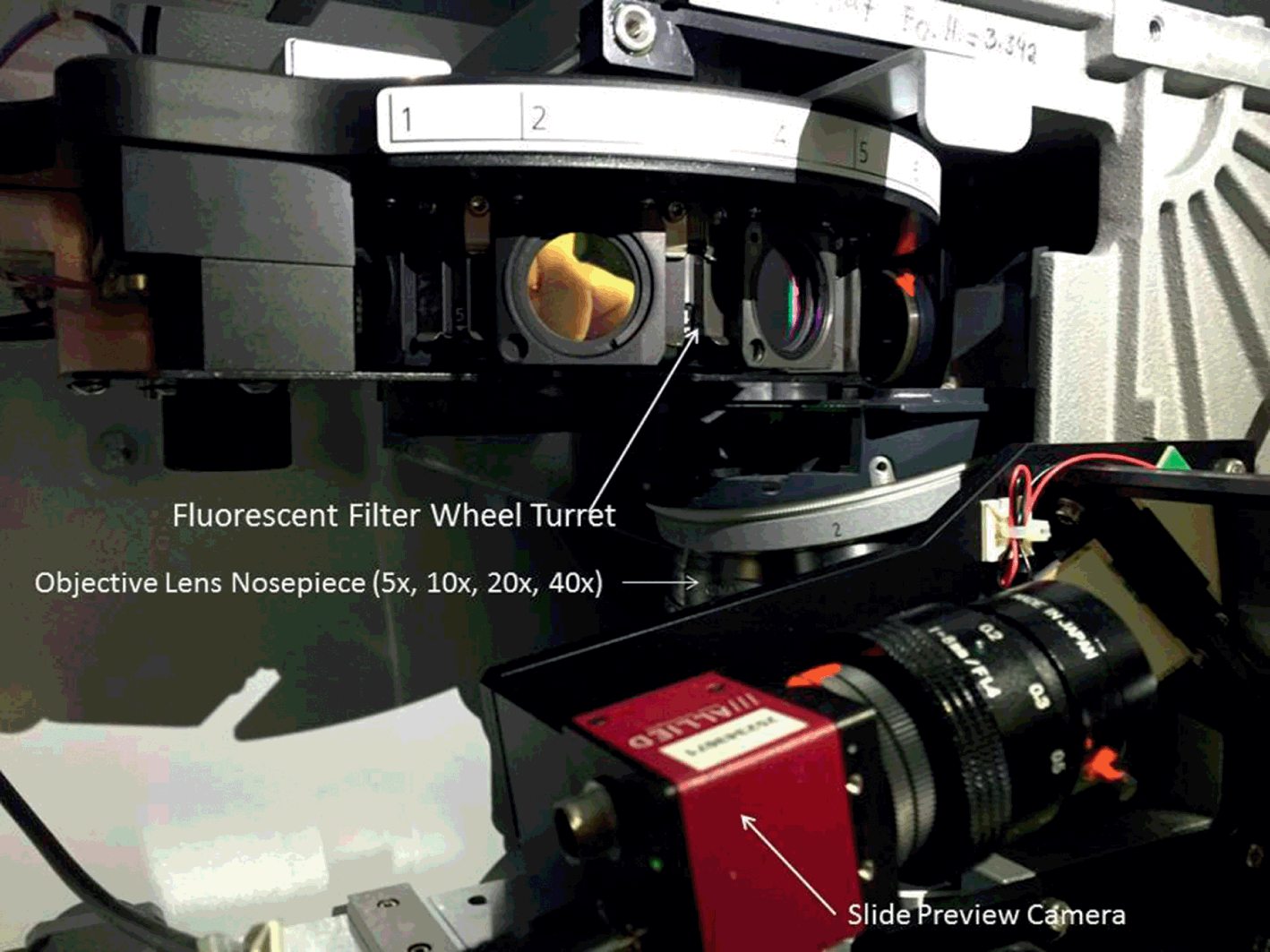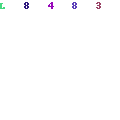- Format
- multi-file with very complicated proprietary metadata and indexes
- File extensions
.mrxs- OpenSlide vendor backend
mirax
- Mirax Laptops & Desktops Driver Download For Windows 10
- Mirax Laptops & Desktops Driver Download For Windows 10 32-bit
- Mirax Laptops & Desktops Driver Download For Windows 10 Windows 7
Facebook is showing information to help you better understand the purpose of a Page.
Detection
Our Mirax Mirror is an interesting piece featuring a rectangular stainless steel frame formed into intriguing designs of parallel & intersecting lines to create dimension & style. The design of this angular frame makes for the most intriguing reflections. It is finished with a metallic polished silver nickel. MIRAX VIEWER Description Carl Zeiss 04/2009 M 80-1-0035 e 11 2 OPERATION 2.1 Description Manufacturer’s designation: MIRAX Viewer The MIRAX Viewer is used to view Digital Slides previously digitized by means of the following Zeiss products: MIRAX SCAN, MIRAX MIDI, and MIRAX DESK. The MIRAX Viewer allows to navigate through. Merax Office Computer Desk Workstation W Merax 90-180 Degree Adjustable High Backrest Leather Racing Style Gaming Chair With Footrest, Red Merax Ergonomic High Back PU Leather Racing Gaming Chair with Footrest.
OpenSlide will detect a file as MIRAX if:
- The file is not a TIFF.
- The filename ends with
.mrxs. - A directory exists in the same location as the file, with the same name as the file minus the extension.
- A file named
Slidedat.iniexists in the directory.
Overview
MIRAX can store slides in JPEG, PNG, or BMP formats. Because JPEG does notallow for large images, and JPEG and PNG provide very poor support forrandom-access decoding of part of an image, multiple images are needed toencode a slide. To avoid having many individual files, MIRAX packs theseimages into a small number of data files. The index file provides offsetsinto the data files for each required piece of data.

The camera on MIRAX scanners takes overlapping photos and records theposition of each one. Each photo is then split into multiple imageswhich do not overlap. Overlaps only occur between images that comefrom different photos.
To generate level n + 1, each image from level n is downsampled by2 and then concatenated into a new image, 4 old images per newimage (2 x 2). This process is repeated for each level, irrespective ofimage overlaps. Therefore, at sufficiently high levels, a single image cancontain one or more embedded overlaps of non-integral width.
Index File
The index file starts with a five-character ASCII version string, followedby the SLIDE_ID from the slidedat file. The rest of the file consists of32-bit little-endian integers (unaligned), which can be data values orpointers to byte offsets within the index file.
The first two integers point to offset tables for the hierarchical andnonhierarchical roots, respectively. These tables contain one record foreach VAL in the HIERARCHICAL slidedat section. For example, the recordfor NONHIER_1_VAL_2 would be stored at nonhier_root + 4 *(NONHIER_0_COUNT + 2).
Each record is a pointer to a linked list of data pages. The first twovalues in a data page are the number of data items in the page and a pointerto the next page. The first page always has 0 data items, and the last pagehas a 0 next pointer.

There is one hierarchical record for each zoom level. The record containsdata items consisting of an image index, offset and length within a file, anda file number. The file number can be converted to a data file name via theDATAFILE slidedat section. The image index is equal to image_y *GENERAL.IMAGENUMBER_X + image_x. Image coordinates which are not multiplesof the zoom level’s downsample factor are omitted.
Nonhierarchical records refer to associated images and additional metadata.Nonhierarchical data items consist of three zero values followed by anoffset, length, and file number as in hierarchical records.
Data Files
A data file begins with a header containing a five-character ASCII versionstring, the SLIDE_ID from the slidedat file, the file number encoded intothree ASCII characters, and 256 bytes of padding. (In newer slides, theSLIDE_ID and file number are encoded as UTF-16LE, so the second half ofeach value is truncated away.) The remainder of the file contains packeddata referenced by the index file.

Slide Position File
Mirax Laptops & Desktops Driver Download For Windows 10
The slide position file is referenced by theVIMSLIDE_POSITION_BUFFER.default nonhierarchical section. It containsone entry for each camera position (not each image position) in row-majororder. Each entry is nine bytes: a flag byte, the X pixel coordinate ofthe photo (4 bytes, little-endian, may be negative), and the Y coordinate(4 bytes, little-endian, may be negative). In slides withCURRENT_SLIDE_VERSION ≥ 1.9, the flag byte is 1 if the slide filecontains images for this camera position, 0 otherwise. In older slides,the flag byte is always 0.
In slides with CURRENT_SLIDE_VERSION ≥ 2.2, the slide position file iscompressed with DEFLATE and referenced by theStitchingIntensityLayer.StitchingIntensityLevel nonhierarchical section.
Mirax Laptops & Desktops Driver Download For Windows 10 32-bit
Associated Images
- thumbnail
- the image named “
ScanDataLayer_SlidePreview” inSlidedat.ini(optional) - label
- the image named “
ScanDataLayer_SlideBarcode” inSlidedat.ini(optional) - macro
- the image named “
ScanDataLayer_SlideThumbnail” inSlidedat.ini(optional)
Known Properties
All key-value data stored in the Slidedat.ini file are encoded asproperties prefixed with “mirax.”.
openslide.mpp-x- normalized
MICROMETER_PER_PIXEL_Xfrom the Slidedat sectioncorresponding to level 0 (typicallymirax.LAYER_0_LEVEL_0_SECTION.MICROMETER_PER_PIXEL_X) openslide.mpp-y- normalized
MICROMETER_PER_PIXEL_Yfrom the Slidedat sectioncorresponding to level 0 (typicallymirax.LAYER_0_LEVEL_0_SECTION.MICROMETER_PER_PIXEL_Y) openslide.objective-power- normalized
mirax.GENERAL.OBJECTIVE_MAGNIFICATION
See Also
Introduction to MIRAX/MRXS. Note that our terminology has changed sincethat document was written; where it says “tile”, substitute “image”, andwhere it says “subtile”, substitute “tile”.


Mirax Laptops & Desktops Driver Download For Windows 10 Windows 7
Test Data
